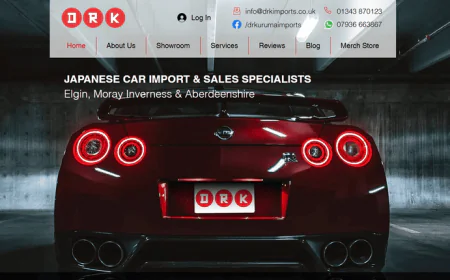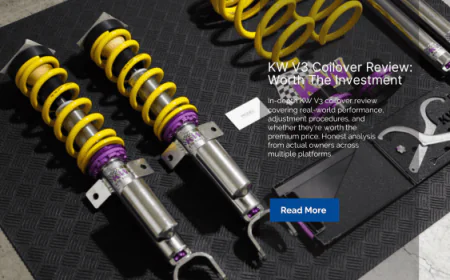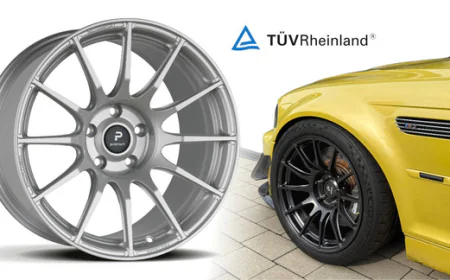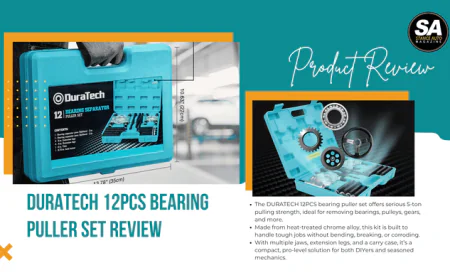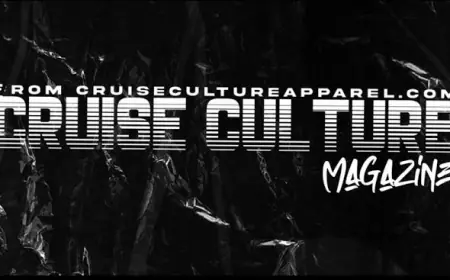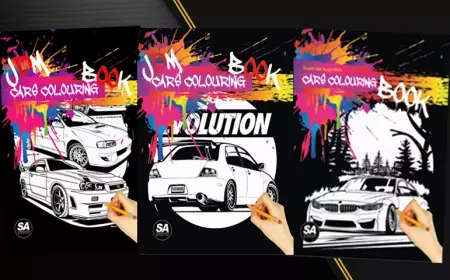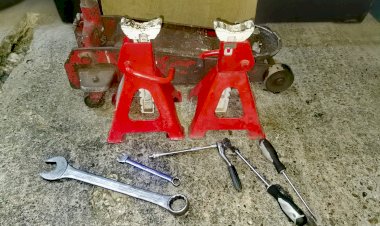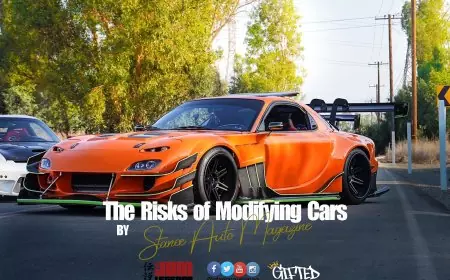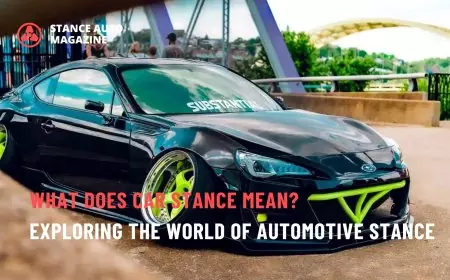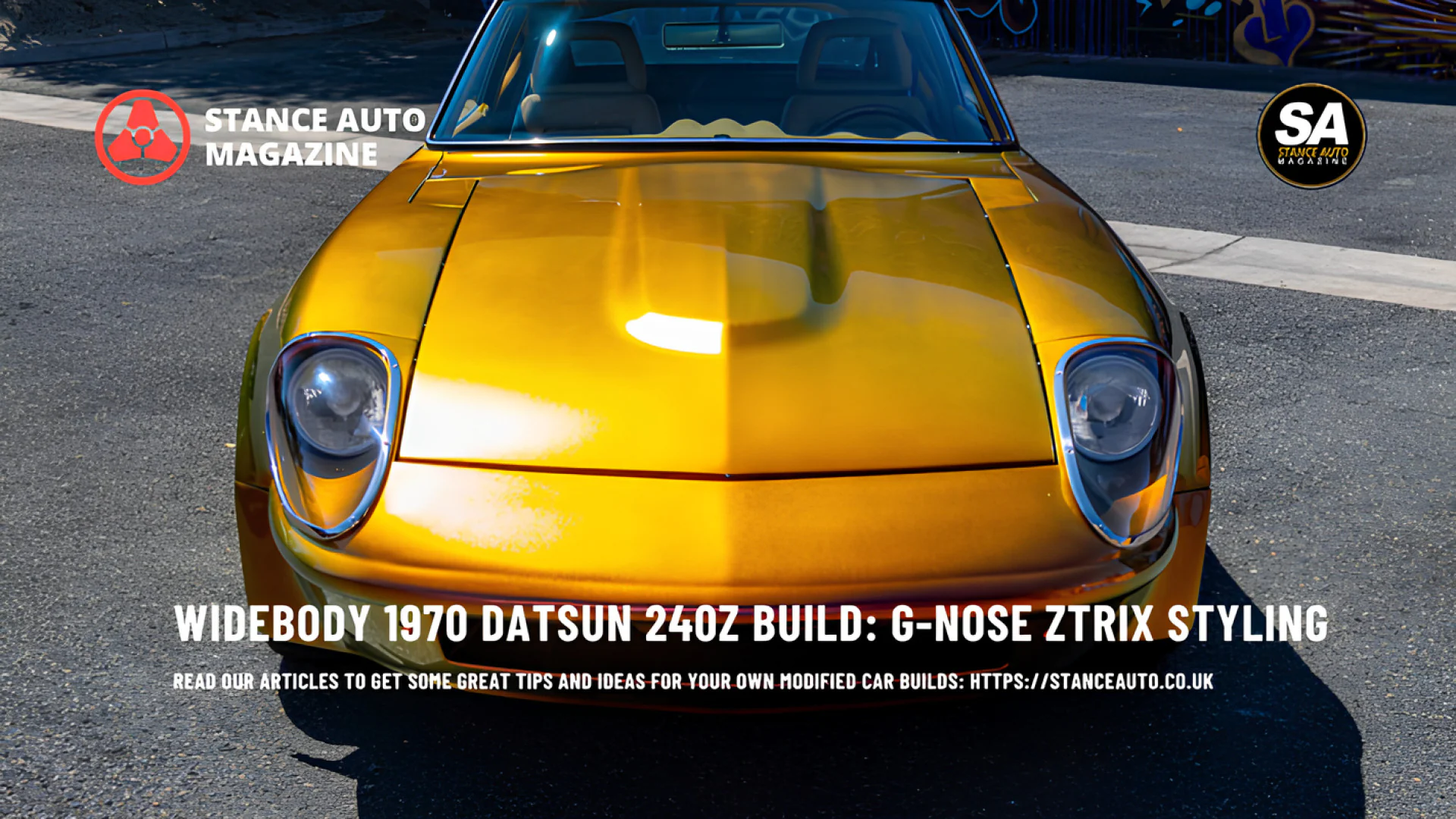Car Modification Trends Across the UK: Insights from Confused.com
Explore the fascinating generational differences in car modification trends across the UK, revealed by a recent survey from Confused.com.

Welcome, Stay updated with the latest news, in-depth features, and expert insights. Join our community of like-minded enthusiasts and elevate your automotive experience. Explore Stance Auto Magazine today!"
Order Your Printed Magazine Here!!
Survey reveals generational divide in car modification trends across the UK
Cultural, technological, and societal influences often shape different generations’ views on modifying cars. According to Confused.com data, young drivers pay £2,051 on average annually for fully comprehensive car insurance. That’s far more than the national average of £924. But do they also modify their cars the most? Confused.com car insurance surveyed 2,000 people in the UK to find out how these attitudes differ. Here’s a breakdown of each generation:
Generation Z (born since 1997):
● Most people in Generation Z (69.1%) would consider modifying their car. But only a few (15.4%) have actually modified them.
● Over 1 in 8 (12.5%) aren’t interested in modifications.
● Current automotive trends and technology most likely influence this generation more than others. Platforms like Instagram and TikTok often feature customised cars, showcasing the latest trends in car modification.
Millennials (Born 1981-1996):
● Millennials have a divided stance on car modifications. 38.4% show interest, nearly half compared to Generation Z, suggesting they are more cautious about making car changes.
● Although a quarter of Millennials surveyed showed no interest in car modifications, it’s interesting that this generation also accounts for the highest percentage of modified cars.
● Around 3 in 10 Millennials (30.4%) have modified their cars, the highest rate of any generation. Car modification culture peaked in the early 2000s when this age group was younger. For instance, movies and media, such as "The Fast and the Furious," have shaped how they view car modifications.
Generation X (Born 1965-1980):
● Under a quarter of Generation X (23.8%) would consider modifying their cars. This shows they are less into car modification culture than the younger generations.
● Less than a tenth (7.6%) have already modified their cars.
● Most of Generation X (59.7%) aren’t interested in modifying their cars.
Baby Boomers (Born 1946-1964):
● Only 15% of Baby Boomers are open to car modifications, while a significant majority (71%) aren’t interested.
● About 1 in 20 Baby Boomers (4.9%) have modified their cars. This shows how interest in car modifications is decreasing with this older generation.
Silent Generation (Born 1925-1945):
● Only a small number (5.6%) of the Silent Generation would consider modifying their car.
● None of those surveyed have modified their cars. That makes this generation the least interested in car modification culture.
● The vast majority (80.6%) aren’t interested in modifications, the highest percentage among all generations. This could be due to practicality, financial considerations, or generational values.

Would you consider modifying your current car, or have you already?
Louise Thomas, Confused.com motor insurance expert, explains how modifying your car can affect your insurance:
“The data shows a distinct trend. Younger people are more interested in car modifications, while older generations tend to keep their cars as they are. These attitudes are probably influenced by cultural shifts, economic circumstances, and new technology. If you’re thinking of modifying your car, you should remember these key things:
- Insurance process: You must tell your insurer about any modifications since the car left the factory. Insurers often have a list of changes that could increase the likelihood of theft or accidents.
- Coverage: Insurance for a modified car includes everything a standard policy does, plus any alterations. The modification type and the driver’s age, address, and driving record can affect the cost. Unless you have specialised insurance, some parts might only be replaced with standard factory ones.
- Cost implications: Modifications can either increase or decrease insurance costs. Performance upgrades or cosmetic alterations could raise prices too. This is because they can increase the risk of theft or accidents or make the car more expensive to repair. But adding security features might reduce your insurance costs since they decrease the theft risk. The impact also depends on the driver's profile and history.
- Mid-policy modifications: Mid-policy modifications can alter the cost, and insurers might charge an administration fee. It's recommended to check the potential price change before modifying the vehicle.
- Non-declared modifications: Not telling your insurer about changes can void your insurance policy. This means you could face problems getting insurance later on and might have to pay for any accident or theft costs yourself. This can lead to a minimum £300 fine, 6 licence points, potentially an unlimited fine, driving disqualification, and vehicle seizure for driving without valid insurance.
- Cost reduction strategies: You can take steps to lower the cost of insurance for a modified car. For example, storing the vehicle securely, paying yearly, adding a second driver with a good driving record, driving fewer miles, and using a black box.
- Shopping around: It’s essential to compare insurance quotes from multiple providers. Different insurers may have other policies and attitudes toward modifications. Some might specialise in or be more forgiving of certain changes, potentially lowering costs. It's a good practice to review and compare insurance policies regularly, not just after modifications. This ensures you consistently have the most suitable and cost-effective coverage.
- Enthusiast groups or clubs: Some insurers offer discounts to members of certain car clubs or groups, especially those associated with classic or modified cars. Being part of these groups can also provide valuable insights and advice on insurance matters.
- Seek specialist insurers: Try to contact insurers who specialise in modified cars. These companies are often more knowledgeable about specific modifications and their impact on safety and performance, which could lead to more favourable insurance terms.
- 1Document modifications: Keep a detailed record of all changes, including receipts and before-and-after photos. This documentation can be helpful in discussions with insurers and if you need to make a claim.
- Avoid risky modifications: Some modifications are more likely to increase insurance costs. Significant performance enhancements or major structural changes are typically viewed unfavourably by insurers.
Other Useful Articles:
Which brand of car tire is the best?
What is the best oil for my car?
How can I save money on my car insurance?.
JDM Car Quiz So you think you know all about JDM Cars prove it.
Stance Auto Partners To Bring You Even More Content
TUNINGBLOG.EU SWIPE AUTOMOTIVE RACEWARS USA DYLER.COM
Do you need a Quality Photographer? Our photographers are Available HERE
All of our Magazines can be found on Amazon, they Print and Deliver worldwide, Stance Auto can not be held responsible for the final print, and all complaints and returns must be directed to Amazon.
UKTM no: UK00003572459
 Like
0
Like
0
 Dislike
0
Dislike
0
 Love
0
Love
0
 Funny
0
Funny
0
 Angry
0
Angry
0
 Sad
0
Sad
0
 Wow
0
Wow
0
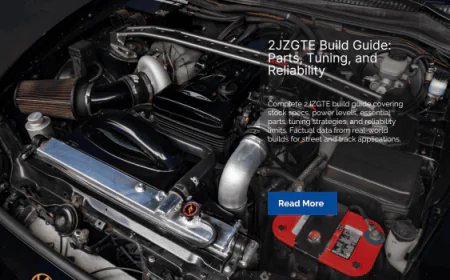

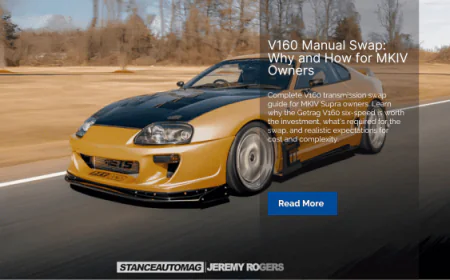
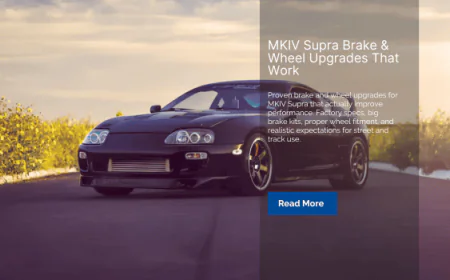
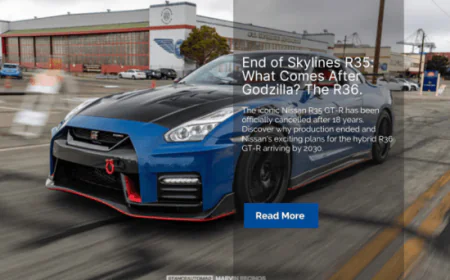


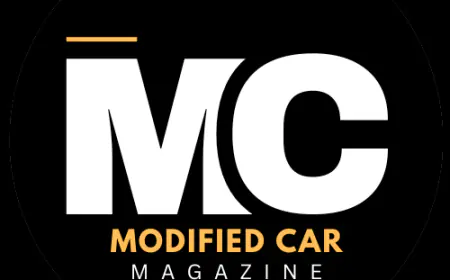




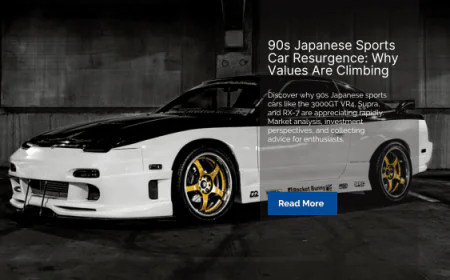

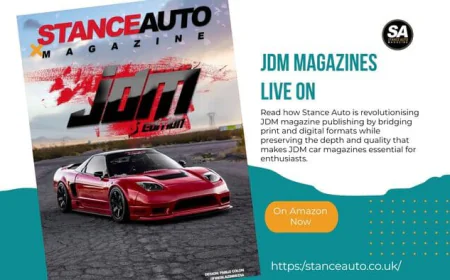
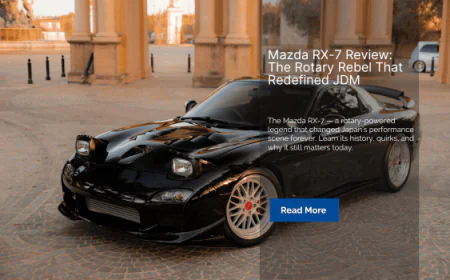
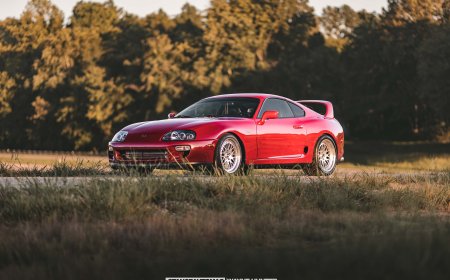

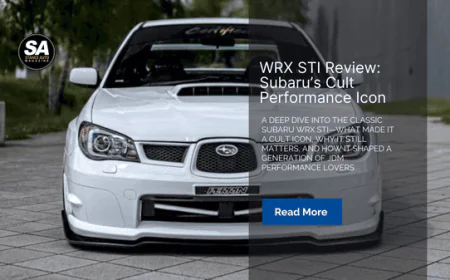
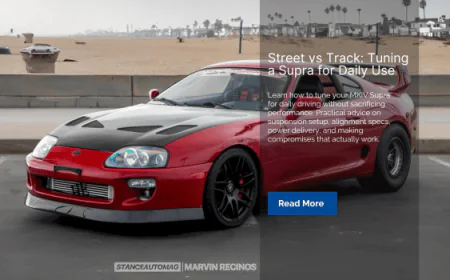


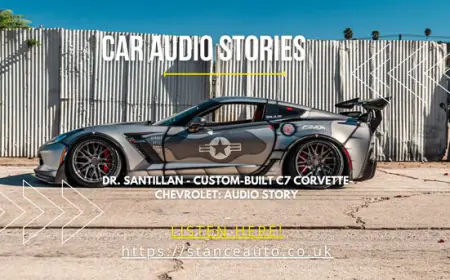






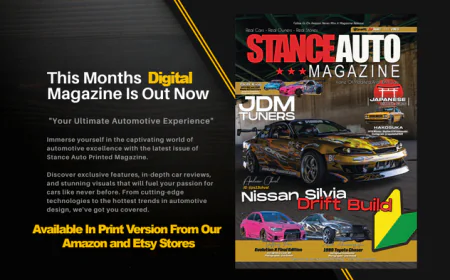


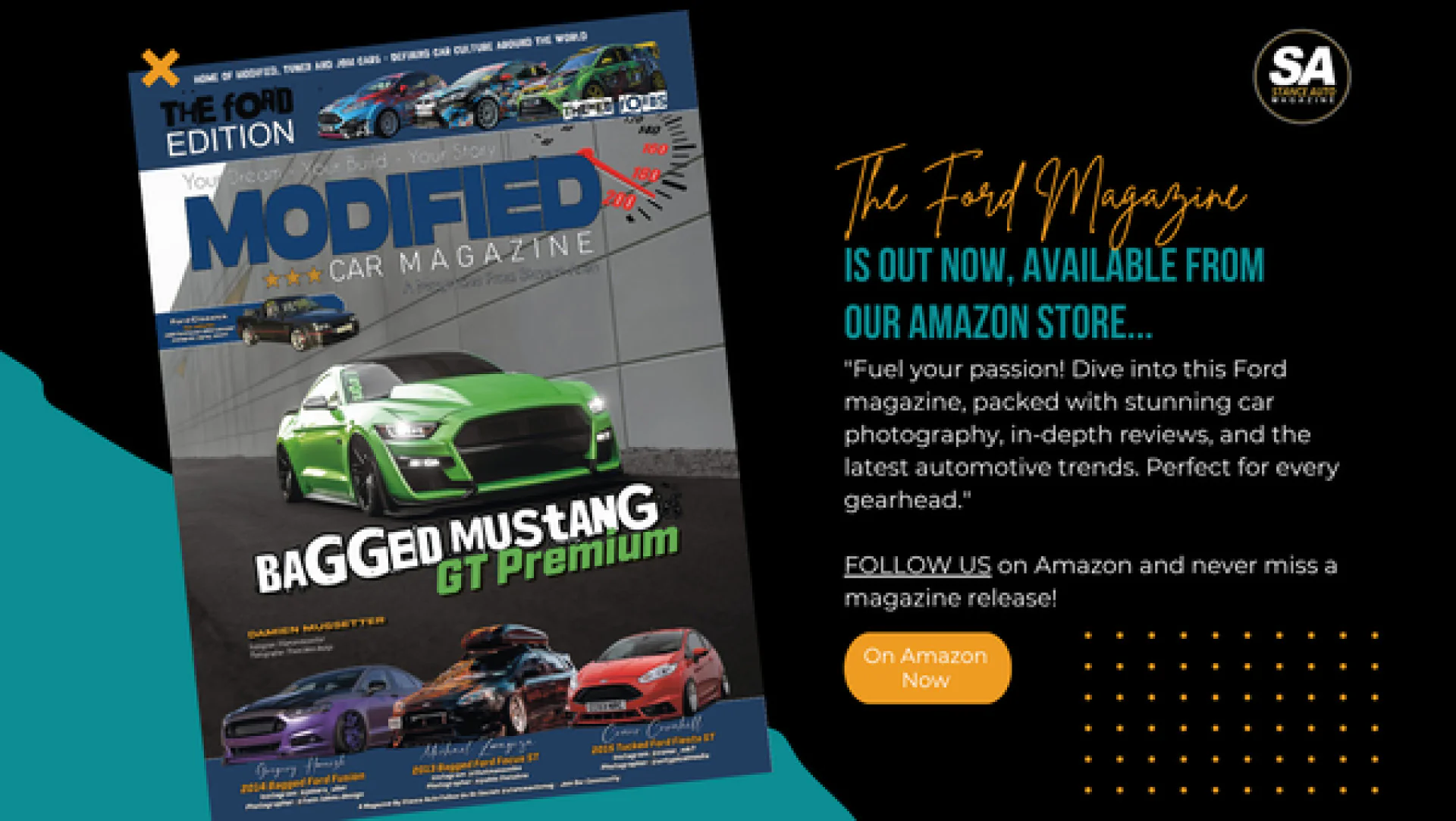

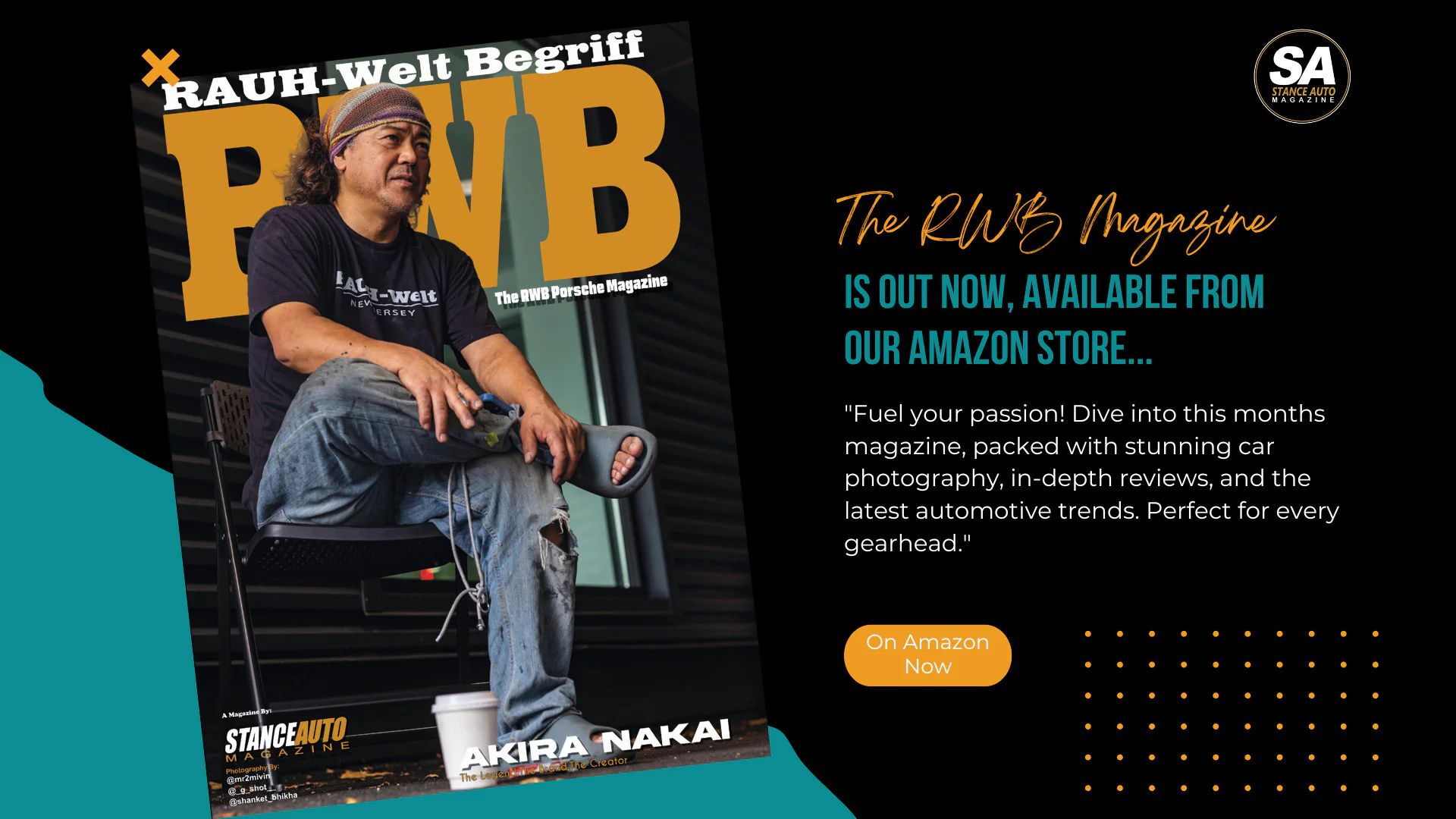
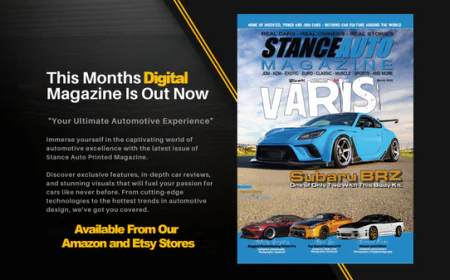
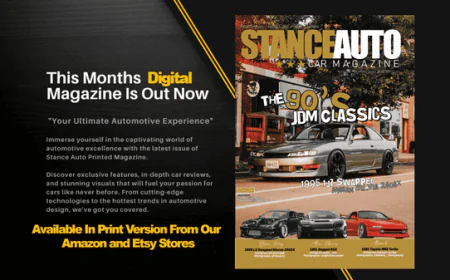
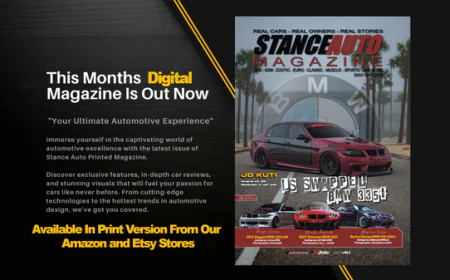
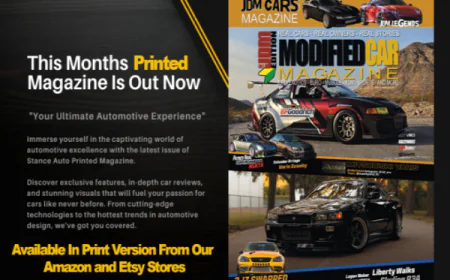
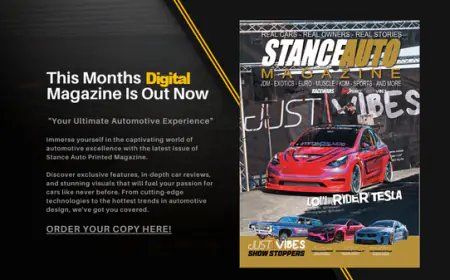
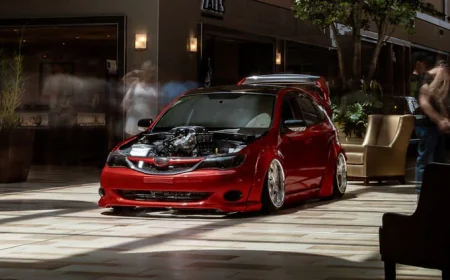
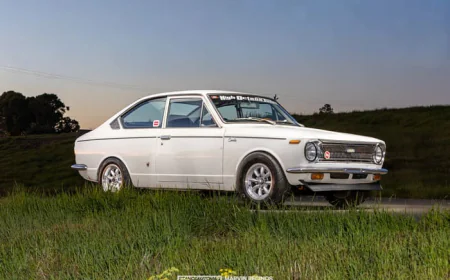


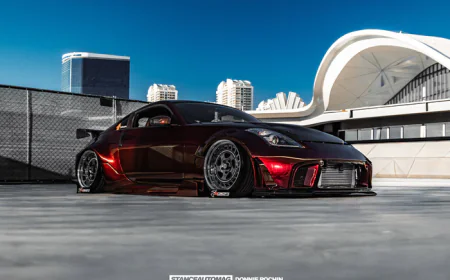

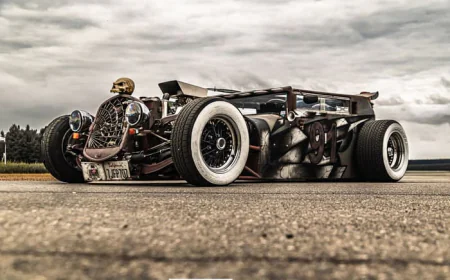
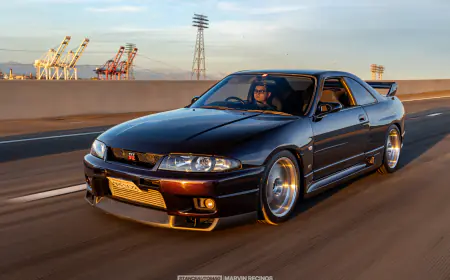




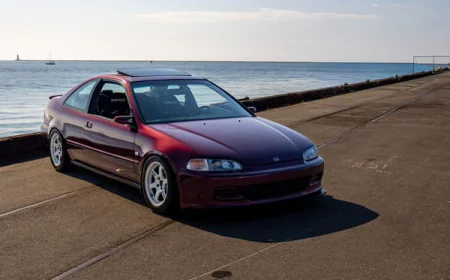

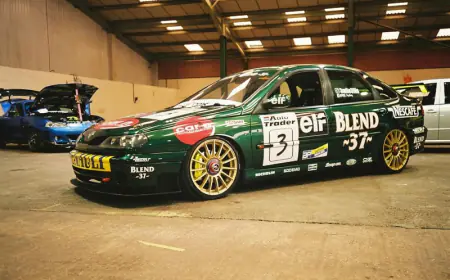





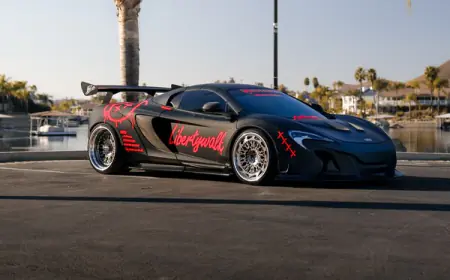
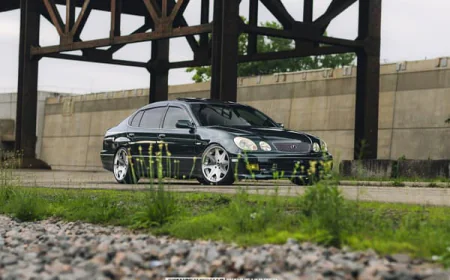

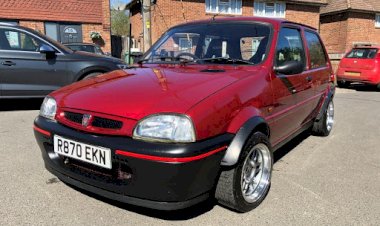


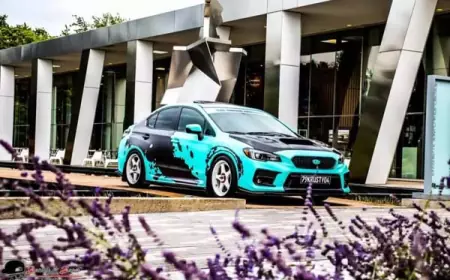


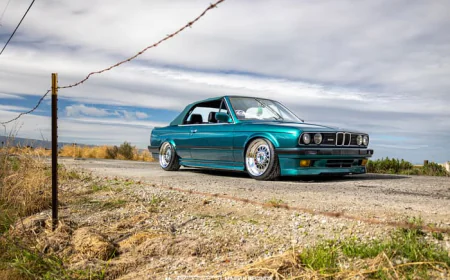
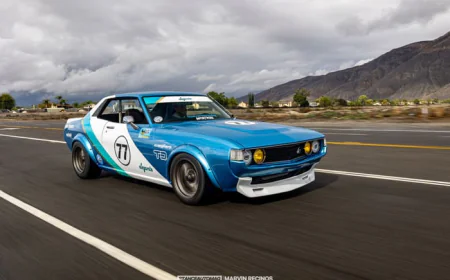
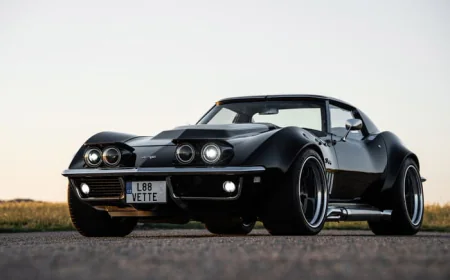


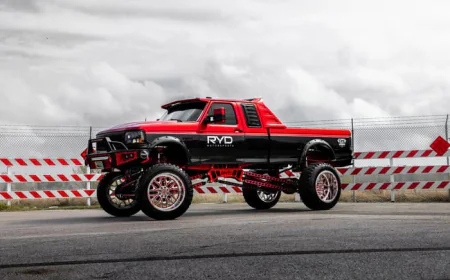



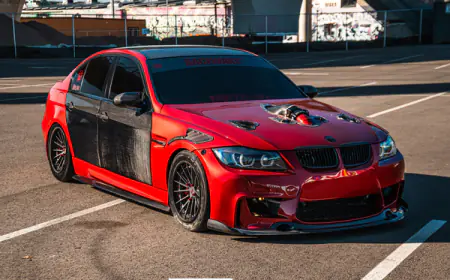
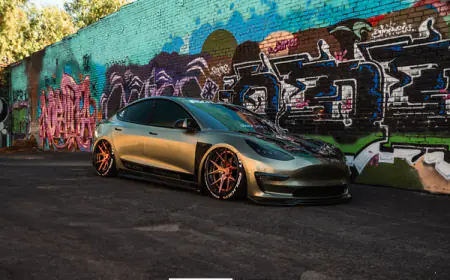
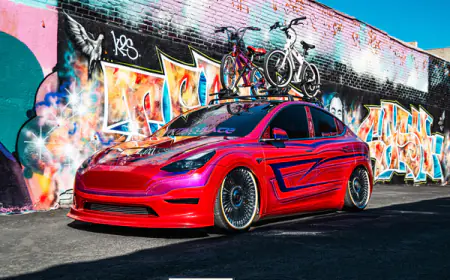



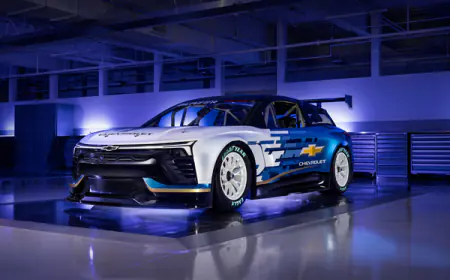




.png)
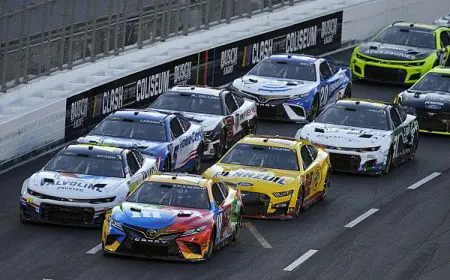



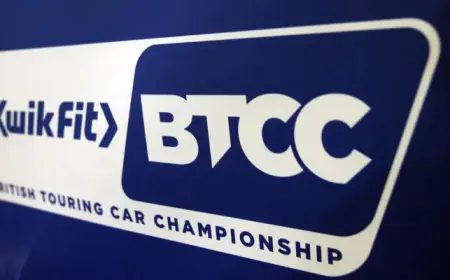







![[HOONIGAN] Ken Block's GYMKHANA NINE](https://img.youtube.com/vi/_bkX5VkZg8U/maxresdefault.jpg)











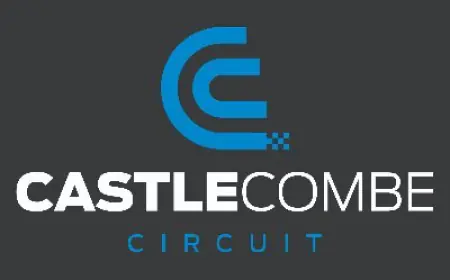











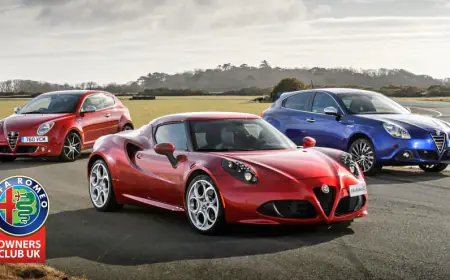










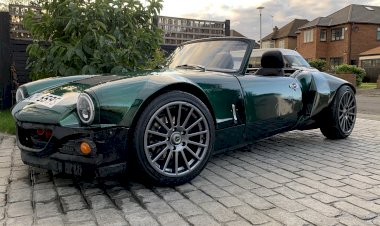
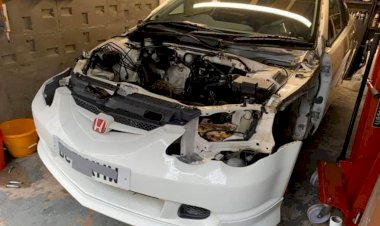




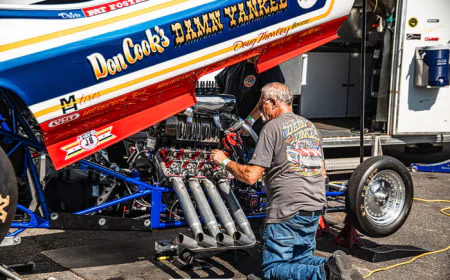
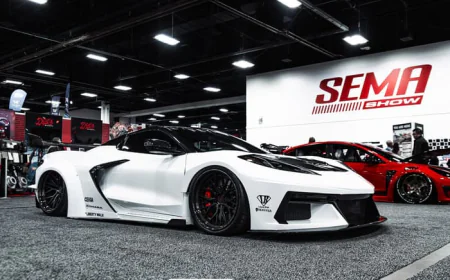




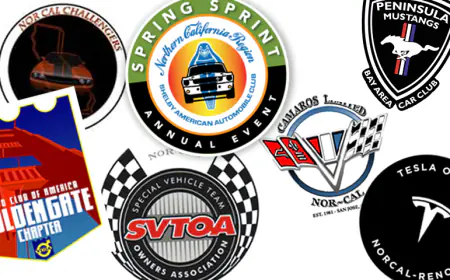
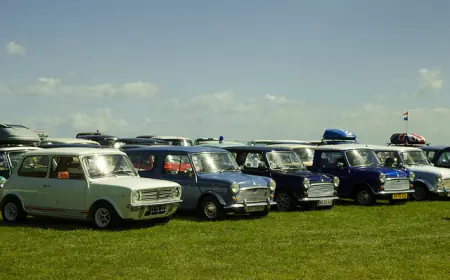






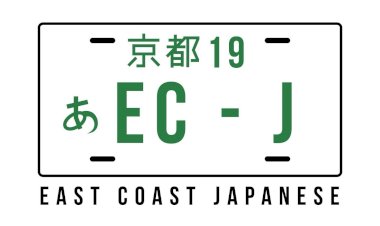


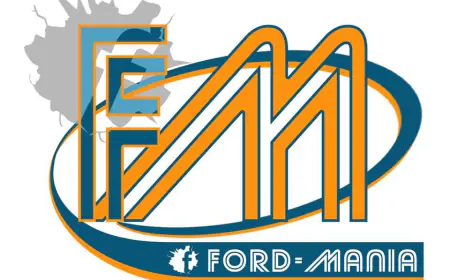




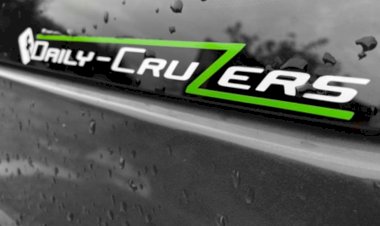


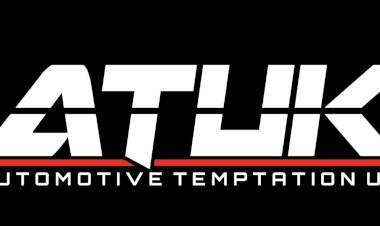
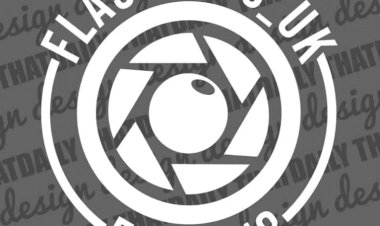















![[HOONIGAN] KEN BLOCK'S GYMKHANA SEVEN: WILD IN THE STREETS OF LOS ANGELES](https://cdn.motor1.com/images/mgl/2KlO4/s1/ken-block-london-tour-directors-cut.jpg)





